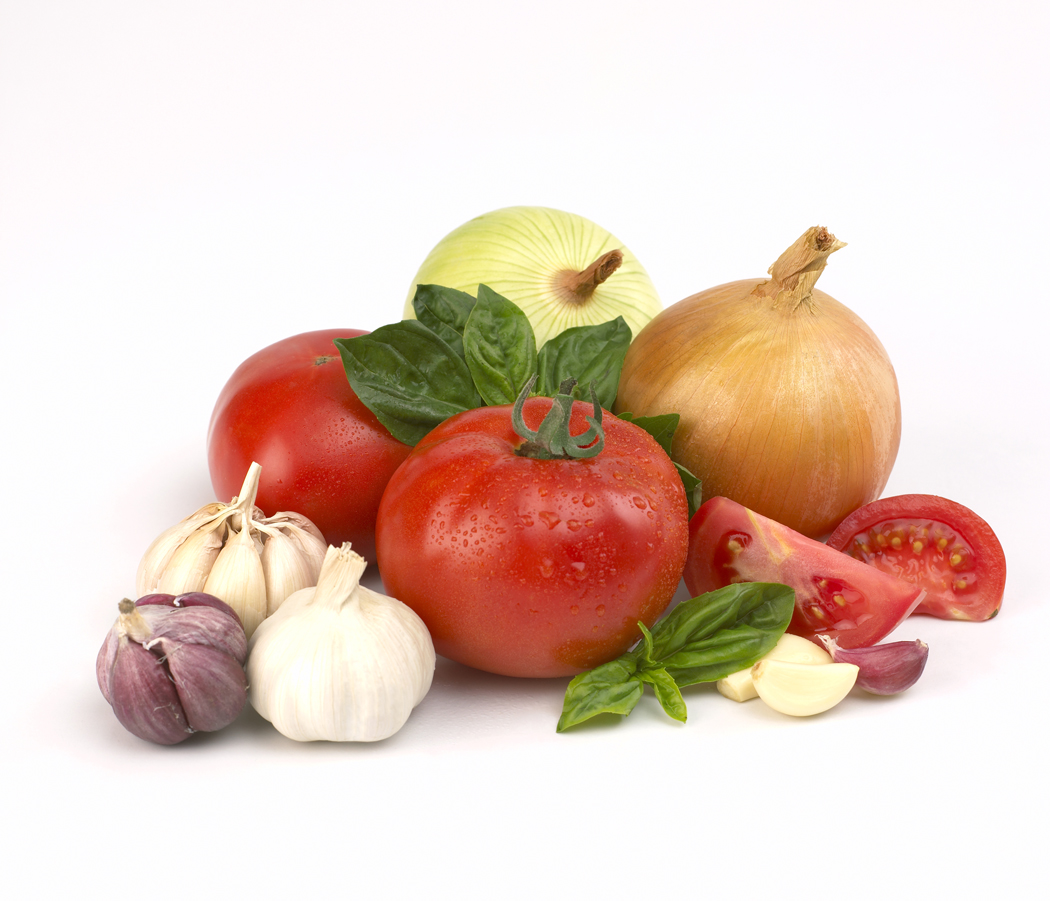From a nutritional perspective, there are four concepts that support the immune system in its work protecting us from infection:
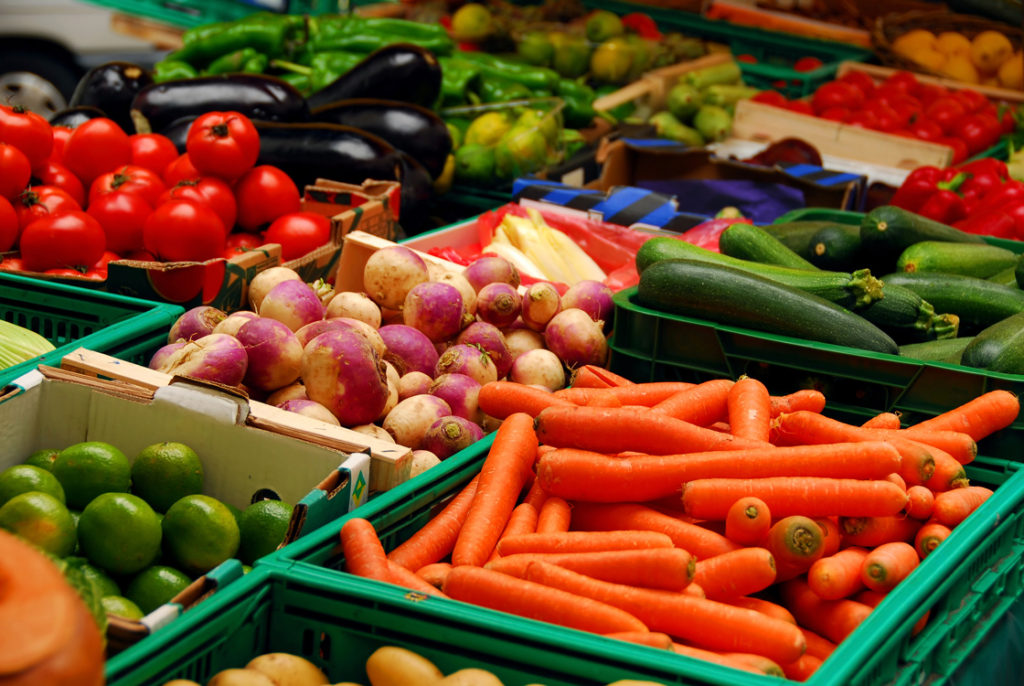
Build the immune system. This involves increasing intake of essential vitamins and minerals so that the immune system’s components have the raw materials to optimize its functions. Some especially important immune-building nutrients include zinc, vitamin A, vitamin C, vitamin B-6, vitamin D, protein, and selenium. Does your diet contain enough?
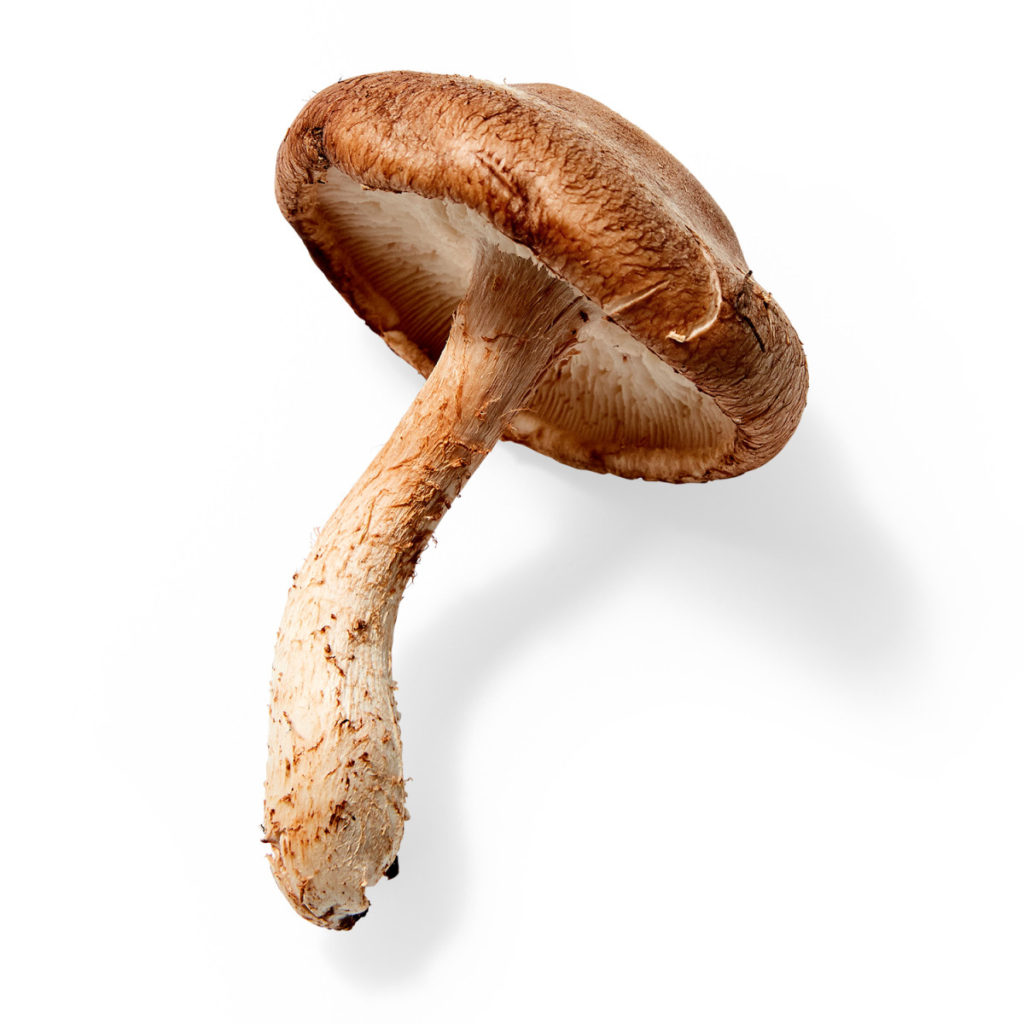
Boost the immune system. This is different from building the immune system, as boosting does not employ essential nutrients. Rather, it involves consuming substances that excite the immune system. One great example of an immune-boosting edible is shiitake mushroom. This fungi contains beta 1, 3 glucan, which has been shown to increase the number of white blood cells , but the activity of them as well. For best absorption of its benefits, shiitake should be cooked in water, and the water it was cooked in may be consumed, too. Note: immune-boosting may not be suitable for all individuals. Please consult with your health care provider (using this definition of immune-boosting. Building with nutrients is suitable for virtually everyone!)
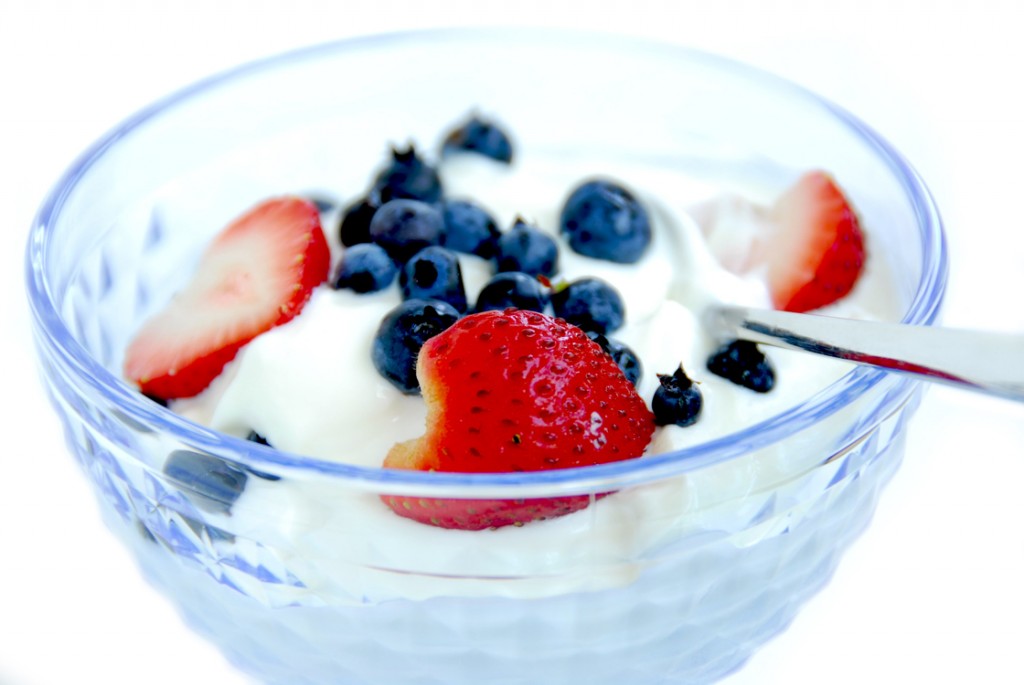
Maintain your microbiome. Many, many studies have shown that the trillions of micro-organisms that reside in our guts are not just free-loaders: they do a plethora of beneficial tasks for us. There is now an obvious relationship between these colonies–collectively referred to as your microbiome–and our immune function. Feed your microbiome plenty of fibre, and they will thrive! Fruits, vegetables, nuts, beans and whole grains are what they feed on, so load up. Fermented foods can also be eaten to obtain some beneficial strains of bacteria and yeasts (probiotics) that will do a lot of good in reducing the risk of colonization by pathogens.
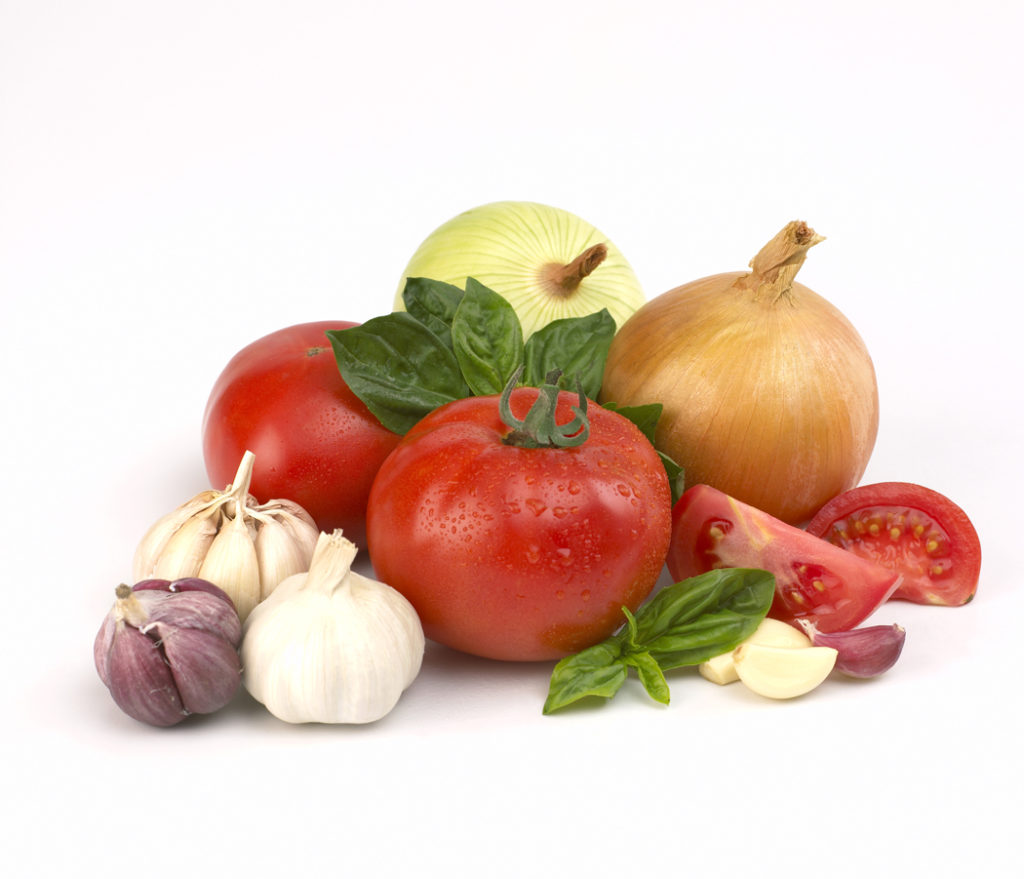
Eat anti-microbial foods to kill off invading pathogens. You may have heard garlic is Nature’s antibiotic! Garlic and many other herbs and spices contain powerful compounds that are poisonous to many pathogens. However, some are also poisonous to certain beneficial microbes in your digestive tract—so make sure you are also getting your probiotics in via food or supplement.
Finally, steer clear of sugar! A 1973 study found that sugar suppresses the immune system’s functions for up to 5 hours after ingestion. Not only that, sugar is what feeds many of the pathogenic microbes that infect us. Try stevia or monk fruit extract to sweeten beverages and desserts. Fill your diet with other flavours. Sour and pungent are my favourites!
As a nutritionist, this is my personal approach to immune support in reducing my own infection risk. If you’d like a personalized immune support plan, start by keeping a diet journal and booking an appointment with me.
